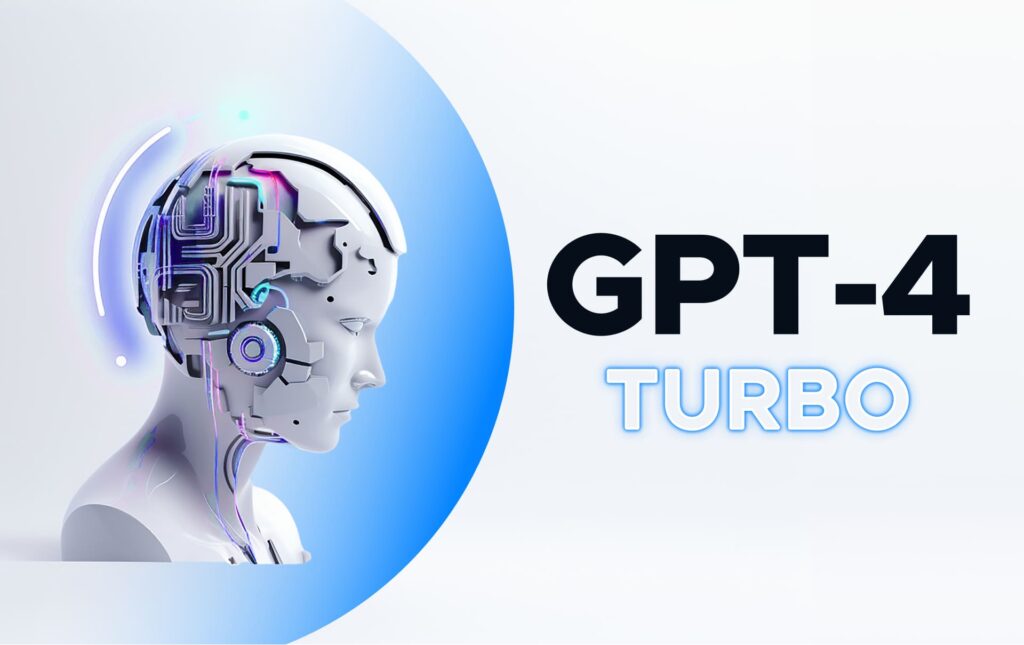“AI-Driven Revolution: How OpenAI’s GPT-4 Turbo is Changing the Game for Developers and Businesses”
Published: February 3, 2025
In the ever-evolving world of artificial intelligence, OpenAI’s latest release, GPT-4 Turbo, is creating ripples across both the tech industry and broader business sectors. With its improved efficiency and versatile capabilities, the new model is poised to redefine the role AI plays in development, customer interaction, and automation.
What’s New with GPT-4 Turbo?
OpenAI’s GPT-4 Turbo builds on the groundbreaking GPT-4, but with significant enhancements. For starters, it is reported to be cheaper and faster than its predecessor while maintaining the high levels of contextual understanding and natural language processing that made GPT-4 a major milestone. This makes it far more accessible for a variety of industries, from startups to large enterprises.
The major upgrade is not just in cost-effectiveness. GPT-4 Turbo integrates improved multimodal capabilities, meaning it can understand and generate responses not just from text but from images, sound, and video data as well. This breakthrough will likely accelerate AI adoption in fields ranging from education to entertainment, healthcare, and even law.
Boosting Developer Productivity
For developers, GPT-4 Turbo presents a game-changing tool for coding assistance. The new version of the model is able to write, debug, and optimise code with greater accuracy than before. It also has a deeper understanding of software architecture, enabling it to assist with complex system design and deliver tailored solutions in real-time.
GitHub Copilot, powered by GPT-4 Turbo, has already demonstrated its potential by speeding up development workflows and enabling better collaboration between humans and AI. Developers can now rely on smarter code suggestions and explanations, cutting down time spent on routine tasks like debugging and refactoring.
Business Applications: From Customer Support to Marketing
Beyond the development sphere, GPT-4 Turbo is unlocking new possibilities for customer service. Powered by AI chatbots and virtual assistants, businesses can now deliver personalised and contextually aware customer support at scale. It can handle intricate customer queries, offer tailored recommendations, and even assist in automated content creation—saving time and resources.
Additionally, the marketing industry stands to gain immensely. With its ability to process and analyse vast quantities of data, GPT-4 Turbo can generate hyper-targeted campaigns, optimise ad copy, and predict customer trends with uncanny accuracy. This allows marketers to craft campaigns that resonate on a deeper level, boosting ROI and engagement.
AI Ethics: A Step Forward?
While the release of GPT-4 Turbo signals significant progress in AI technology, it also brings renewed focus to the ethical considerations surrounding AI. OpenAI has made strides in ensuring the AI system is less prone to misuse, incorporating safety measures that detect and block harmful content generation. Yet, questions around accountability, bias, and transparency remain a key area of scrutiny.
As OpenAI moves forward with GPT-4 Turbo, the broader AI community is watching closely, especially as the model’s commercial potential continues to unfold. The balance between technological advancement and ethical responsibility will be crucial in shaping the future of AI integration across industries.

